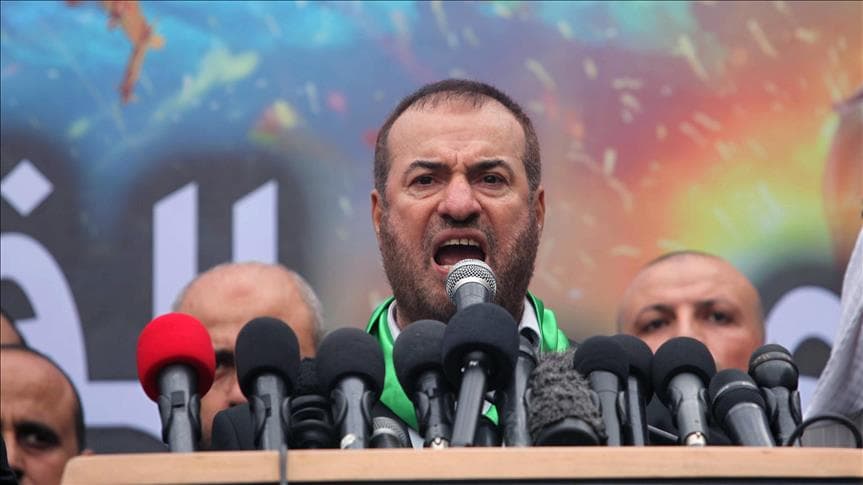Hamas Official's 2008 'Human Shields' Remark Contrasts with Carlson's 'Political Organization' View

A controversial 2008 statement by senior Hamas official Fathi Hammad, in which he declared the use of civilians as human shields, has resurfaced, highlighting the ongoing debate about the group's nature. Hammad's remarks stand in stark contrast to recent characterizations, such as that by commentator Tucker Carlson, who described Hamas as "more of a political organization." The divergent views underscore the complex and often contentious perceptions of the Palestinian Islamist movement.
Fathi Hammad, a prominent figure within Hamas, stated in a 2008 broadcast on Al-Aqsa TV, "> We have formed human shields of the women, the children, the elderly. We desire death like you desire life." This admission aligns with long-standing allegations that Hamas deliberately positions military assets and operatives within civilian areas. Such actions are widely considered a war crime under international humanitarian law, aimed at deterring attacks and leveraging civilian casualties for political gain.
Hamas, an acronym for the Islamic Resistance Movement, functions as both a political entity governing the Gaza Strip since 2007 and a militant organization with an armed wing, the Izz ad-Din al-Qassam Brigades. While it provides social services and participates in political processes, numerous countries, including the United States, the European Union, the United Kingdom, and Canada, have officially designated Hamas as a terrorist organization due to its armed activities and targeting of civilians.
In recent commentary, Tucker Carlson questioned the classification of Hamas as a "radical jihadi organization," suggesting it "seems more like a political organization." This statement drew criticism for potentially downplaying the group's militant dimension and its documented history of violence. The Anti-Defamation League, among others, has emphasized that while Hamas engages in political activities, its actions and motivations, particularly the deliberate targeting of civilians, align with the definition of terrorism.
The contrasting perspectives from a Hamas official's own words and a Western commentator's analysis underscore the deep divisions in understanding the group. While Hamas maintains a political structure and social welfare programs, its military actions and alleged strategic use of civilian populations remain central to international scrutiny and its classification by many as a terrorist entity. The debate continues to shape geopolitical discourse surrounding the Israeli-Palestinian conflict.